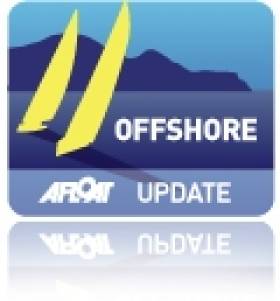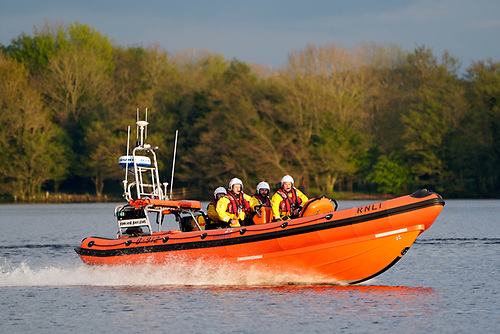Displaying items by tag: Dorset
Dinghy Man Rescued Attempting Daft UK-Ireland Crossing
#CelticSea - A British man's unorthodox attempt to cross the Celtic Sea from Dorset to Ireland has come to an end after he was rescued by the UK coastguard.
A RTÉ News reports, the man was discovered some 2.7 nautical miles south of Durdle Door on Dorset's Jurassic Coast in a 6ft inflatable dinghy.
He was found with two paddles - one being used with a plastic sheet as an improvised sail - plus a limited amount of food and drink, and no suitable communication or lifesaving gear.
Rescuers later brought the man back to shore where he was treated for severe sunburn.
RTÉ News has more on the story HERE.
Ireland-Bound French Yachts Avoid Danger Off Dorset
#Offshore - A fleet of 20 French yachts racing to Ireland narrowly avoided sailing into serious trouble off the Dorset coast earlier this week.
As BBC News reports, UK coastguard authorities scrambled to warn the yachts via emergency broadcast that they were headed towards an exclusion zone set up for a live firing exercise at Lulworth Ranges.
"It looks like there was a slight error made by the French authorities," said a coastguard spokesperson, who confirmed that the yachts were diverted from their dangerous course after contacting the race director.
According to Practical Boat Owner, the yachts were competing in the Normandy Channel Race which began on Sunday 14 April and continues till this Friday evening.
The race route to and from Caen in northern France traverses a triangle across the Celtic Sea, past the most southwesterly tip of Cornwall, via Tuskar Rock and Fastnet Rock.






























































